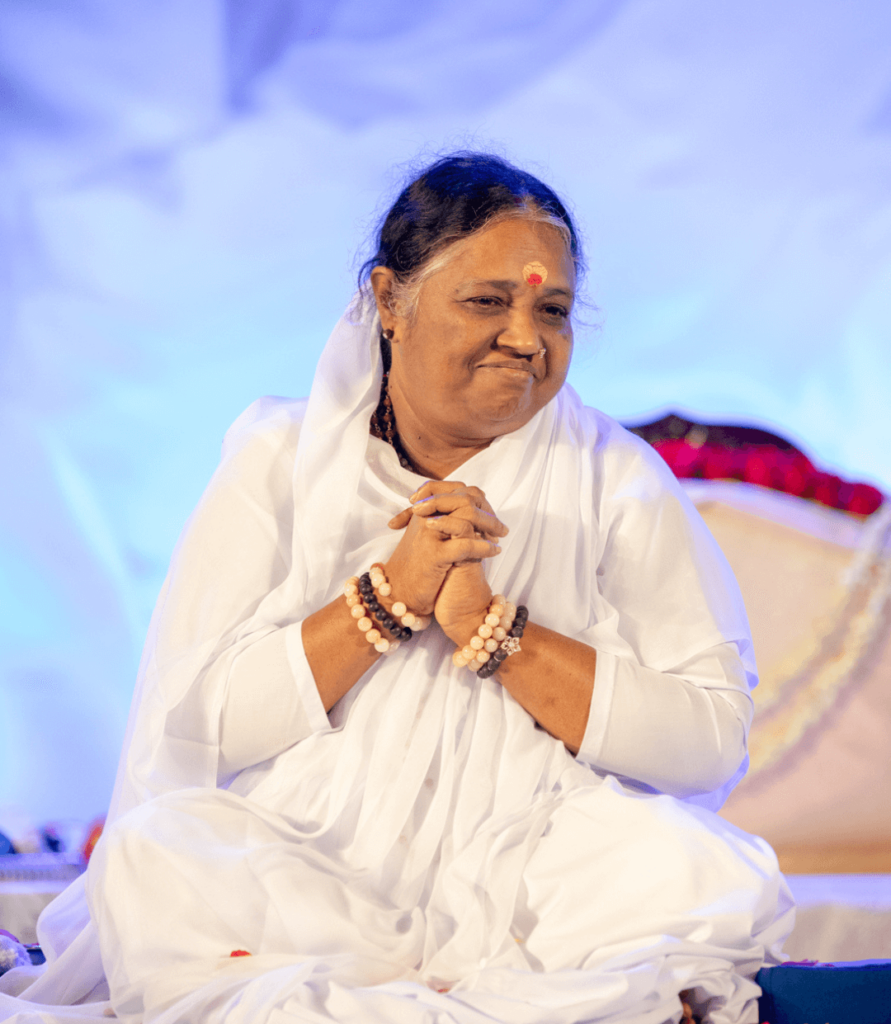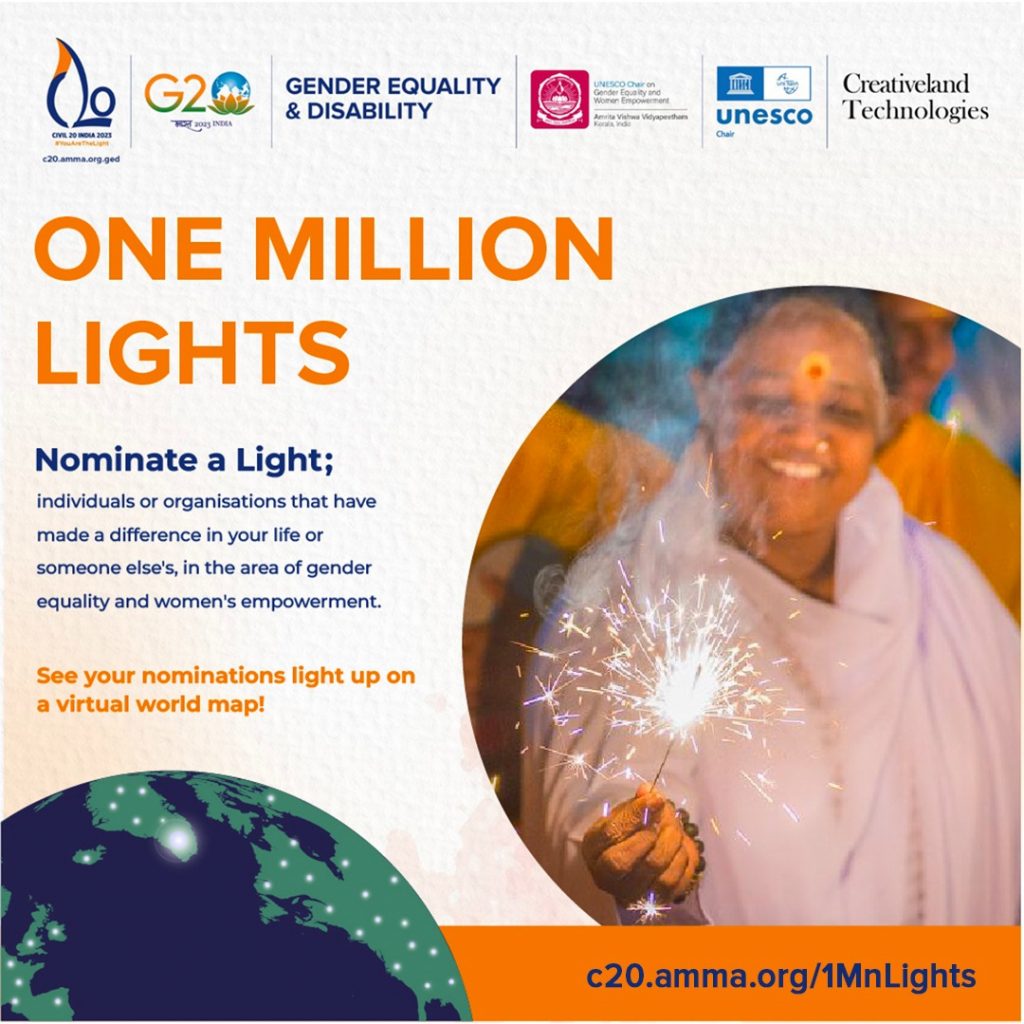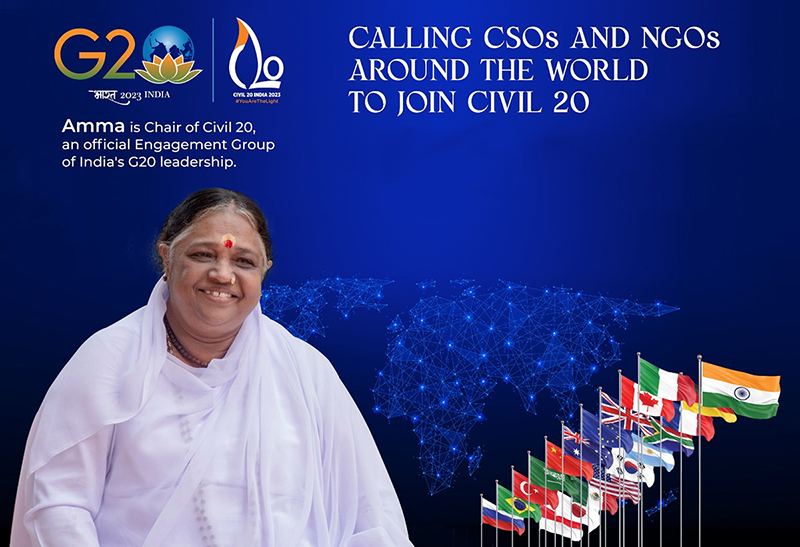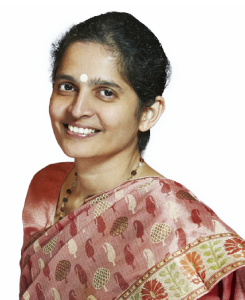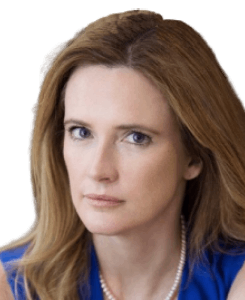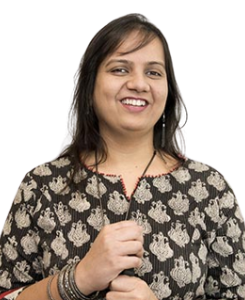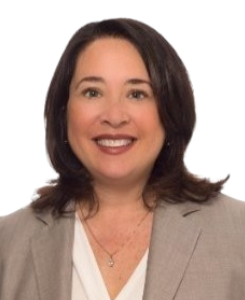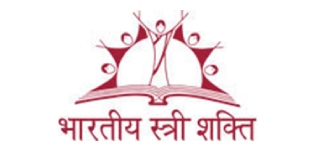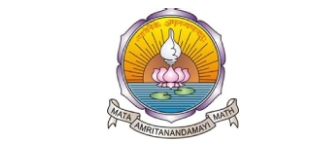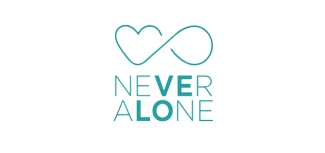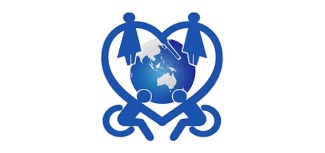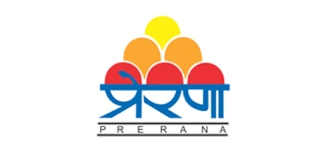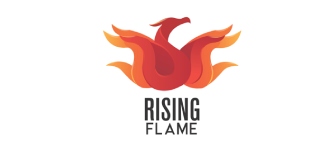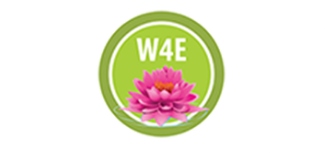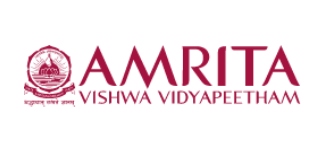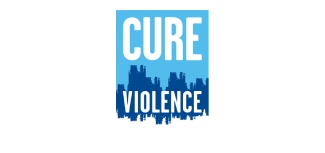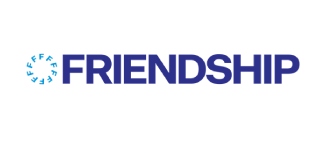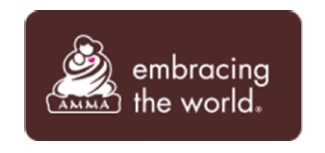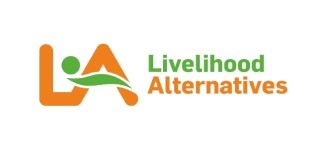AmritaSREE (Self-Reliance Education & Employment), the women’s empowerment program launched by Sri Mata Amritanandamayi Devi (Amma), has completed 16 years and is entering its 17th. Currently, AmritaSREE comprises 13,000 groups with more than 2 lakh members in 21 states. Most of the members are from villages and other isolated rural areas.
This year, the Math organized the anniversary event at Amritapuri, where it launched the second installment of a COVID-19 aid package to SHG members. It consists of financial assistance, grocery kits, and clothes worth ₹35 crores. Aid is also going to people affected by recent floods in Kerala.
Since 1998, Mata Amritanandamayi Math has provided monthly pensions for widows and other women in poverty. In 2006, the project was expanded to benefit the physically and mentally challenged and now serves a total of 100,000 beneficiaries.
In 2006, the Widows Pension project was expanded to benefit the physically and mentally challenged and now serves a total of 100,000 beneficiaries. Recognizing that disability and/or the loss of a family member can consign those in the developing world to a lifetime of hardship, the pensions have no expiration date – they are given for life.
Saukhyam Reusable Pads began as a research project of Amrita Vishwa Vidyapeetham. When Chancellor Amma announced the adoption of 101 villages all over the country in 2013 as part of the Amrita SeRVe (Self Reliant Village) project, interventions were begun in the areas of health, hygiene and many others. When the National Family Health Survey – 4 (National Family Health Survey of Ministry of Health and Family Welfare, Government of India (NFHS)– 4, 2015-2016) revealed that only 48.2% girls and women aged 15-24 in rural areas used hygienic methods of protection during their menstrual periods as compared to 77.5% in urban India, efforts were begun to find a cost-effective and eco-friendly solution to this problem. Reusable pads made from cotton cloth and banana fiber that would last for 4-5 years were introduced. In December 2016, these pads won the Most Innovative Product Award from the National Institute of Rural Development in India.
The Ministry of Skill Development and Entrepreneurship (MSDE), Government of India in collaboration with the World Bank has created the “SANKALP” project (Skill Acquisition and Knowledge Awareness for Livelihood Promotion) which aims at improving and boosting short term skill training programs for long term benefits through strengthening institutions, bringing in better market connectivity and inclusion of marginalized sections of the society. Amrita Vishwa Vidyapeetham has been sanctioned to implement this project for the training & certification of 4500 women and members of the transgender community in a vocational trade of their choice. Supporting the development of collective enterprises, the trained groups that are certified and finished the training are encouraged and supported to develop small businesses en entreprises.
The UNDEF project offered intensive training programmes on women’s health, clean water and sanitation topics, community development, financial literacy, self-confidence and more. Participants were supported in conducting community action events, initiating meetings with local government offices and ensuring community-led total sanitation. “With empowerment and education gained from the Amrita-UNDEF project, these women had successfully led discussions and shared their perspectives on how policy could reflect their daily life issues better,’’ said Prof. Bhavani Rao, UNESCO Chair on Gender Equality and Women’s Empowerment. “Their discussions will form the foundation of an upcoming policy brief, to be submitted through proper channels to the Central Government,” she added.
The Gender Conversation Workshop addresses the issue of gender equality, masculinity, and mental health at the individual, household, and community levels. The ultimate purpose is to promote the wellbeing of the Central Reserve Police Force servicemen and women and improve their overall morale. This is a unique program that involves awareness building and training to encourage healthy dialogue on gender and mental health among the CRPF personnel and their families. It also seeks to promote them as positive role models at the community level. So far, approximately 23,000 beneficiaries have been trained.
ShaktiCon is a completely free global conference focused on inspiring, training, and upskilling women in cybersecurity. ShaktiCon includes keynote sessions, training, contests, and workshops. Our 3 day conference last year attracted over 5000 participants from over 72 countries, and featured over 35 talks and trainings from the best in industry.
Born out of an understanding that cultural circumstances do not always encourage women to flourish in male dominated fields, ShaktiCon is committed to creating a suitable environment to showcase the range of womens talents in cybersecurity. By doing this we hope to train a new generation of women to be more actively engaged in the field and enter the cybersecurity workforce. ShaktiCon is all about women role models encouraging young & aspiring women hackers to attain their goals without any fear.
Amma Australia: The Galupa Homeland Project, situated on the Gove Peninsula in North East Arnhem Land N.T.; is a collaboration between Traditional Cultural Practices (TCP) and Amrita Australia Limited (AAL). The Project centres around working with Yolngu Elders to establish an ongoing Community Art Program designed to keep the Young Women living at Galupa safe with purpose and connected to their Culture and Land.
The Center for Women’s Empowerment and Gender Equality of Amrita University developed the SMART SHG course for Self-Help Group (SHG) leaders to support financial and accounting empowerment towards effective and profitable SHG management. The objectives of this course is to: (i) enhance bookkeeping & transparency, (ii) identify and manage loan defaulters & lending risks, (iii) strengthen leadership & democratic participation, and (iv) improve interactions with stakeholders. This 65h-course was developed using a participatory approach involving financial and accounting experts, a specialized instructional and digitization team, researchers, future beneficiaries, and grassroots stakeholders such as government representatives, banks, and NGOs.
In 2015, Dagara (rebuilt village in Gujarat after 2001 earthquake) became one of 40 villages in 20 states to participate in an educational scheme of Amrita University which uses tablet-based education to tutor both children and adults. Previously, the village school only went up to 8th grade, but with the new computer-based education, students can now remain in the village and complete their studies up to 10th grade, allowing them to pursue a profession that will further support their families and aid in the development of the community. Up until recently, because of safety concerns, parents would not allow their daughters to leave the village for higher studies beyond 8th grade.
Each year on Amma’s birthday, the Mata Amritanandamayi Math helps couples having financial difficulty to have a traditional Indian wedding by providing all the requisite clothing, gold jewellery and feast, etc.
Paripoorna – Centre for Comprehensive Women’s Healthcare at the Amrita Institute of Medical Sciences, Kochi, offers exceptional state-of-the-art comprehensive healthcare for women, enabling them to have a multidisciplinary consultation in
*Breast Diseases
*Gynecologic Oncology
*Cardiac Healthcare
*BHADRA – Amrita Breast Imaging Services
Amrita Speech and Hearing Improvement School (ASHIS), for the deaf and the dumb in Thrissur, Kerala. ASHIS is one of the select special schools for the hearing impaired that scientifically teaches hearing impaired children to speak. Through their hard work coupled with the scientific methods adopted, the students have a hundred percent pass rate in the Secondary School Leaving Examinations. Vocational training is imparted, and the children are encouraged to learn dance and art as well. Located in Ayyanthole, Trissur Dt, Kerala.
AMRITA is working for the welfare of the mentally disabled people. It runs a special school for these people in Kochi and Kozhikode where they are taught basic self help skills, identification of object and communication skills depending on their capacity. The institute also runs an early detection and intervention clinic and a parent counseling center for the parents of the disabled children. This institute is managed by Mata Amritanandamayi Math.
More than 100 of Amma’s female monastic disciples have been trained in the art of Puja. Puja is ritualistic worship of the Divine performed to keep us in harmony with cosmic forces, thereby removing and overcoming the sorrows of life and bringing spiritual upliftment. Until recently, women were not allowed to worship in the inner sanctum of a temple; nor could women consecrate a temple or perform Vedic rituals. Women did not even have the freedom to chant Vedic mantras. But Amma is encouraging and appointing women to do these things. And it is Amma who performs the consecration ceremony in all the temples built by our ashram. There were many who protested against women doing all these things, because for generations all those ceremonies had been done only by men. We are worshiping a God who is beyond all differences – who does not differentiate between male and female. – Amma
AMMACHI Labs, one of the research centers within Amrita, has been focusing on providing girls with hands-on training on digital and physical computing technologies is to help them gain a better grasp of community issues that are of national and societal relevance and motivate them to engineer practical innovative solutions for these issues that they see around them. The interventions have proven to increase children’s sense of agency and interest in maker projects, robotics, and computational thinking. Children gain 21st-century skills such as creativity, communication, cooperation, and critical thinking while working on creating physical and digital prototypes in their school maker spaces.
The goals of the program have been
- Provide technology education for social good by blending data-driven research with engineering design thinking processes for technology innovation to solve global challenges
- Empower and inspire children, especially girls, to become innovators and technology creators by providing hands-on experiential learning through digital tinkering and making.
In response to the massive floods in Kerala in 2018, one of the research centers at Amrita, the Center for Women’s Empowerment and Gender Equality, has implemented a project in collaboration with Tel Aviv University, Israel, to empower women as sustainability officers in rural communities (the WISE project – Women In Sustaining the Environment). Program activities promoted women’s empowerment and sustainable water governance by supporting women’s participation in the choice, maintenance, and management of water resources along with other sustainable development practices, using latest and low-cost technologies. The project is now implemented in both India and Tanzania, Africa.
AYUDH Kenya has partnered with Safaricom Foundation to distribute white canes worth more than $250,000. The White C(r)ane Project aims to help provide aids to the visually-impaired, particularly children and youth. The white cane is a universal symbol of independence for blind people, enabling them to navigate their way in confidence and safety. With our project, we have chosen the symbol of a white crane, epitomizing the sense of hope and freedom that a cane can bring to the blind, like wings to a dove. “Despite the crucial role white canes play in the mobility of the blind and visually impaired, their access is hindered by factors such as affordability and accessibility,” said Arjaa Shah, Chairperson, AYUDH Kenya. “Through our White C(r)ane Project, which started in 2014, we aim to provide assistive devices to blind and visually impaired persons. We are happy to partner with Safaricom to positively impact the lives of 20,000 children and youth in Kenya.”
